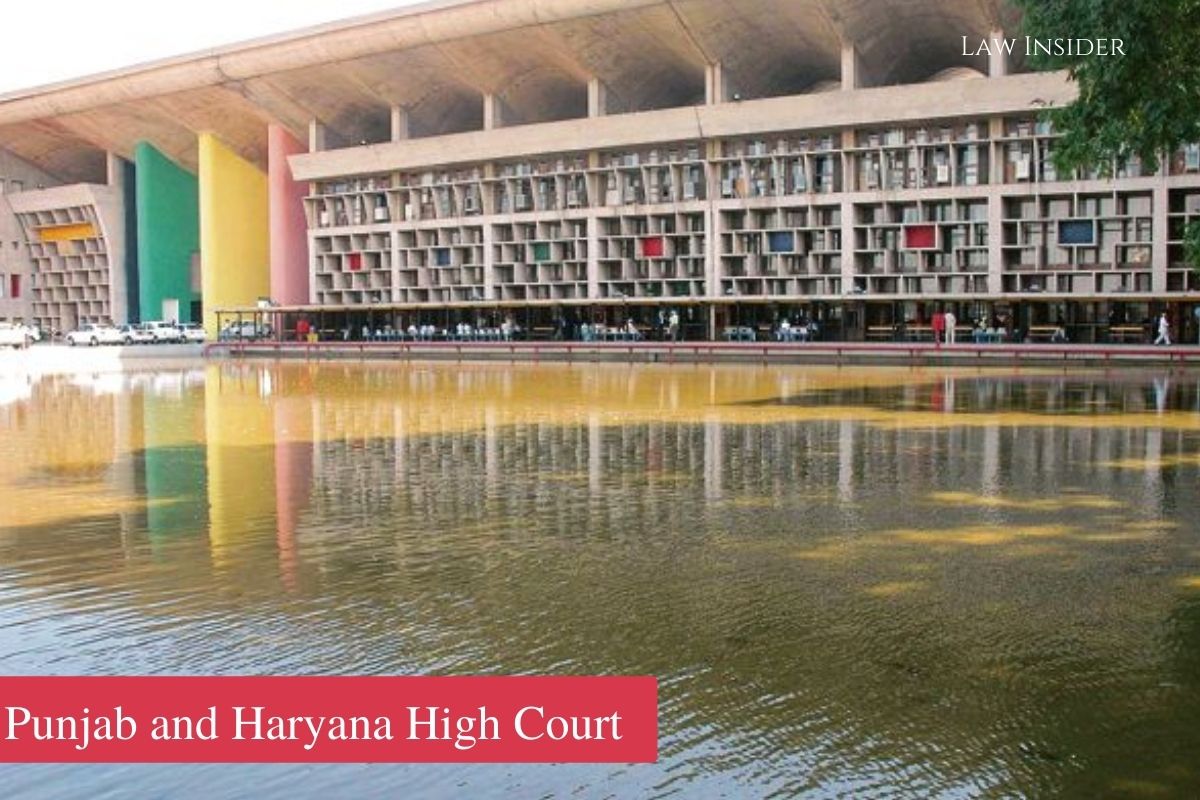LI Network
Published on: 16 September 2023 at 18:01 IST
The Punjab & Haryana High Court has underlined that the mere fact that a complainant stands acquitted in a First Information Report (FIR) does not automatically imply that false evidence was given during the proceedings.
The court observed that accepting this presumption in every criminal case would open the door to subsequent prosecutions of the complainant party by private individuals.
Justice Jasjeet Singh Bedi, presiding over a Single Judge Bench, pointed out that “merely because the petitioner-complainant was acquitted in FIR No. 521 dated 27.09.2003 would not by itself be a ground to hold that false evidence had been given during the course of proceedings of that case.”
The case revolved around an FIR registered against Zile Singh (the petitioner-complainant), his father Surat Singh, and others under Sections 148, 149, 323, 452, 506 of the Indian Penal Code (IPC) at the behest of Joginder Singh (the first respondent). Following the trial, the Judicial Magistrate acquitted the petitioner and his co-accused.
Subsequently, the petitioner filed a complaint under Section 195 IPC against the respondents, alleging that they knew he was in the hospital accompanied by his father during the alleged incident. Therefore, as their alibi defense was accepted, leading to their acquittal, the respondents were accused of committing an offense under Section 195 IPC.
However, the Judicial Magistrate ruled that its judgment of acquittal did not contain a specific finding indicating that the respondents had provided false evidence against the petitioner. Consequently, the Magistrate dismissed the complaint.
In its analysis, the High Court noted that Section 195 of the Code of Criminal Procedure (CrPC) mandates that proceedings can be initiated based on a complaint in writing by the court or another court to which it is subordinate when false evidence is presented in court.
The court clarified that no proceeding can be initiated at the behest of a private individual, even if they may be aggrieved in some manner. In this case, the court observed that no such complaint had been instituted by the court.
The High Court emphasized that such practices of filing complaints should not be encouraged, as it would lead to endless frivolous litigation. Consequently, the court dismissed the petition.
Case Title: Zile Singh V. Joginder Singh and Ors.

